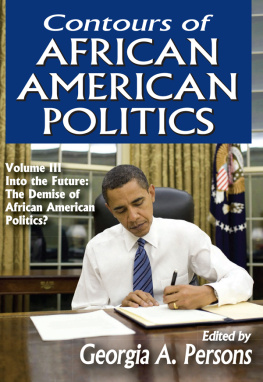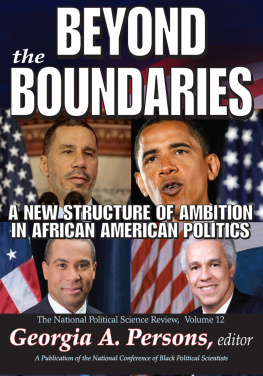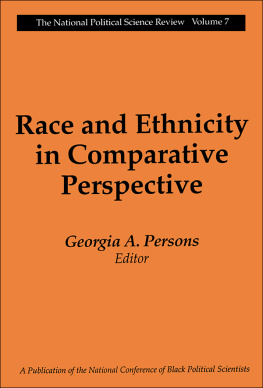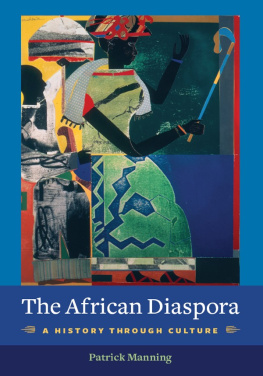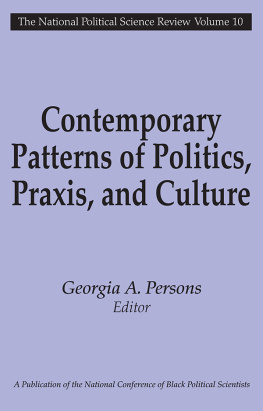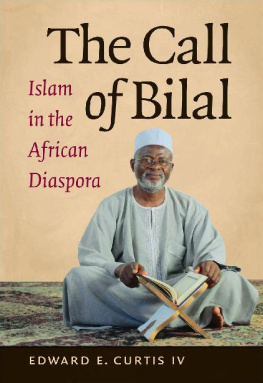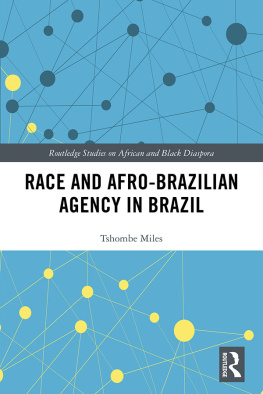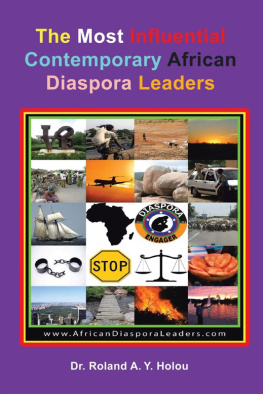Georgia A. Persons - Racial Structure and Radical Politics in the African Diaspora
Here you can read online Georgia A. Persons - Racial Structure and Radical Politics in the African Diaspora full text of the book (entire story) in english for free. Download pdf and epub, get meaning, cover and reviews about this ebook. year: 2009, publisher: Transaction Publishers, genre: Politics. Description of the work, (preface) as well as reviews are available. Best literature library LitArk.com created for fans of good reading and offers a wide selection of genres:
Romance novel
Science fiction
Adventure
Detective
Science
History
Home and family
Prose
Art
Politics
Computer
Non-fiction
Religion
Business
Children
Humor
Choose a favorite category and find really read worthwhile books. Enjoy immersion in the world of imagination, feel the emotions of the characters or learn something new for yourself, make an fascinating discovery.

- Book:Racial Structure and Radical Politics in the African Diaspora
- Author:
- Publisher:Transaction Publishers
- Genre:
- Year:2009
- Rating:4 / 5
- Favourites:Add to favourites
- Your mark:
- 80
- 1
- 2
- 3
- 4
- 5
Racial Structure and Radical Politics in the African Diaspora: summary, description and annotation
We offer to read an annotation, description, summary or preface (depends on what the author of the book "Racial Structure and Radical Politics in the African Diaspora" wrote himself). If you haven't found the necessary information about the book — write in the comments, we will try to find it.
Racial Structure and Radical Politics in the African Diaspora — read online for free the complete book (whole text) full work
Below is the text of the book, divided by pages. System saving the place of the last page read, allows you to conveniently read the book "Racial Structure and Radical Politics in the African Diaspora" online for free, without having to search again every time where you left off. Put a bookmark, and you can go to the page where you finished reading at any time.
Font size:
Interval:
Bookmark:

A Review of Social Science Research
James L. Conyers, Jr., University of Houston
Dr. Andrew Smallwood, Austin Peay University
Kady Kante, Leah McAlister Shields, University of Houston
Dr. Christel Temple, Maryland at Baltimore County, an Honors College

2 Park Square, Milton Park, Abingdon, Oxon OX14 4RN
711 Third Avenue, New York, NY 10017, USA
Product or corporate names may be trademarks or registered trademarks, and are used only for identification and explanation without intent to infringe.
305.896--dc22
Binga Bank

Font size:
Interval:
Bookmark:
Similar books «Racial Structure and Radical Politics in the African Diaspora»
Look at similar books to Racial Structure and Radical Politics in the African Diaspora. We have selected literature similar in name and meaning in the hope of providing readers with more options to find new, interesting, not yet read works.
Discussion, reviews of the book Racial Structure and Radical Politics in the African Diaspora and just readers' own opinions. Leave your comments, write what you think about the work, its meaning or the main characters. Specify what exactly you liked and what you didn't like, and why you think so.

